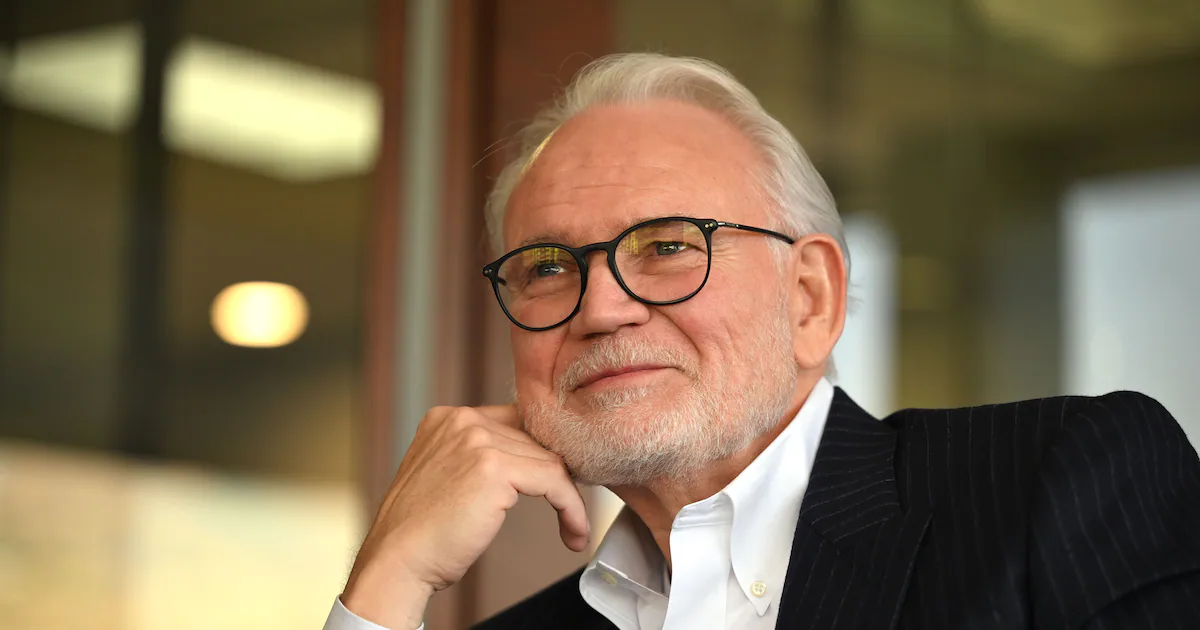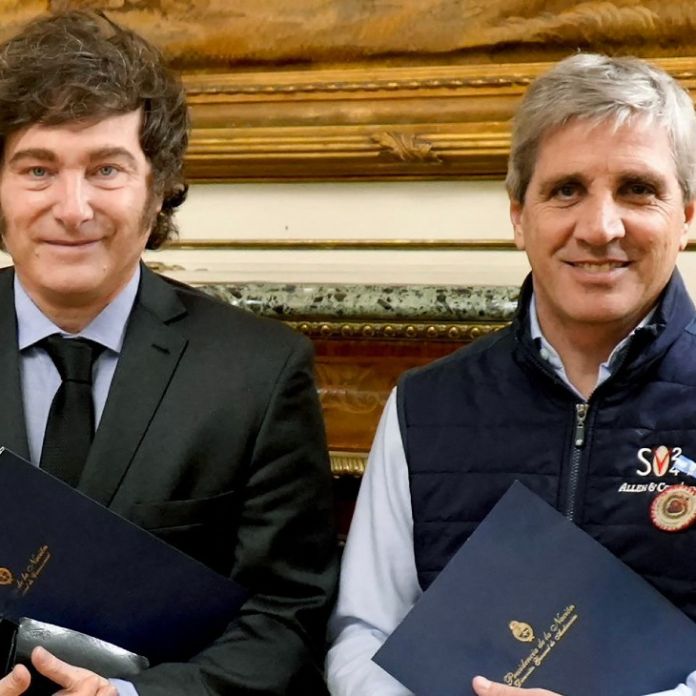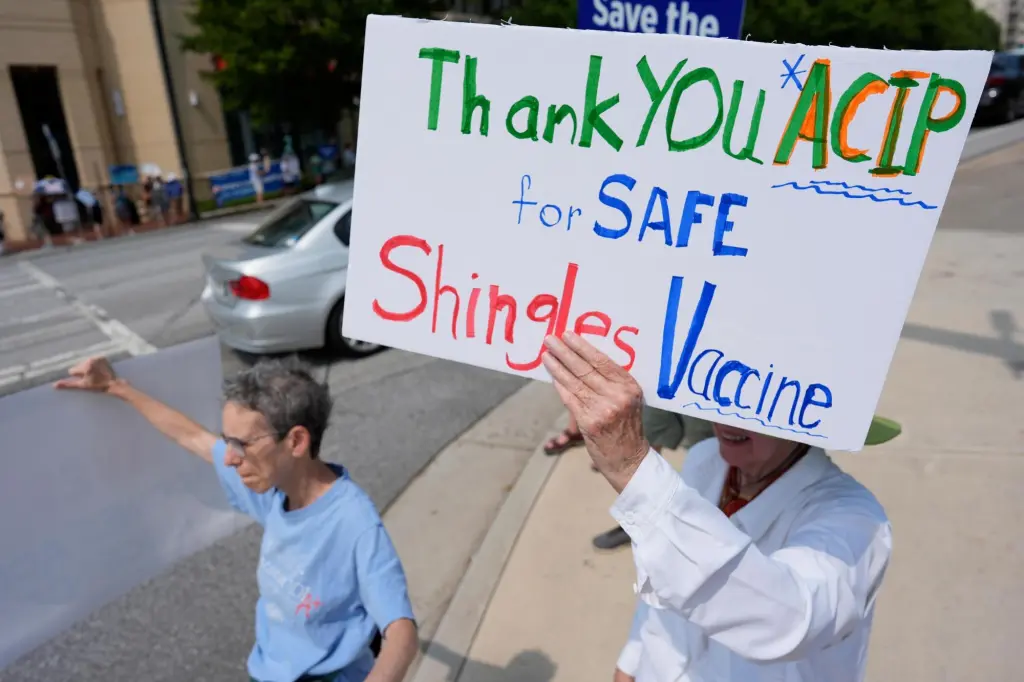
In the 2019 WHO STEPS survey of Jordan — a country hosting millions of displaced people — I expected to see some reference to oral health. After all, the survey gathered detailed data on blood pressure, tobacco use, fruit intake, and diabetes. But there was no mention of dental pain, missing teeth, or bleeding gums.
That omission was more than a data gap. It was a mirror reflecting a much deeper problem in global public health.
Advertisement
As a dentist and global health researcher, I’ve been analyzing behavioral risk factors and chronic disease patterns among Syrian refugees and Jordanian nationals using that dataset. While the numbers revealed important trends — such as high tobacco use and low physical activity — they also revealed something global health priorities continue to overlook: the human mouth.
Despite decades of evidence linking oral health to overall well-being, it is almost entirely excluded from humanitarian and migration frameworks. This absence is especially glaring in the Global Compact for Migration — a landmark agreement adopted in 2018 by more than 150 countries under U.N. auspices to promote safe, dignified, and rights-based migration. (The U.S. was not a signatory.) The compact acknowledges the importance of health several times. It urges countries to strengthen migrant-sensitive health systems and provide access to essential care. But it never once mentions the words “oral,” “dental,” “periodontal,” or even “tooth.”
This is not a trivial oversight. Forcibly displaced people around the world routinely endure untreated tooth decay, gum disease, and chronic dental pain, often for years. These conditions don’t just cause discomfort — they affect nutrition, mental health, school attendance, employability, and even cardiovascular risk. Yet oral health continues to be treated as a luxury or a cosmetic concern, rather than a public health right.
Advertisement
The international community is failing refugees at the level of their most basic dignity. And it’s doing so systemically.
The few studies that have examined dental needs in refugee populations paint a grim picture. In many camps and urban settlements, dental care is either completely unavailable or limited to extractions — emergency tooth-pulling, not long-term prevention or restoration. A 2020 study in Lebanon documented extremely high rates of untreated dental disease among Syrian refugees, with most reporting that their oral health problems went unaddressed due to cost and access barriers. Even in resettlement countries like the U.S. or Canada, access to dental services is fragmented, dependent on limited insurance coverage, or buried beneath other urgent needs like housing and food.
When oral health is excluded from formal policy — whether national insurance systems or international agreements — it disappears from budgets, programming, and professional training. No mention in the compact means no mandate for U.N. agencies to prioritize it, no pressure on host governments to fund it, and no real accountability to include it in health system planning.
This matters because refugee health is not just about day-to-day survival — it’s about long-term restoration, dignity, and inclusion. A broken tooth can keep someone from eating solid food, leading to chronic malnutrition. Bleeding gums can signal deeper immune problems. Dental pain can trigger mental health spirals, especially for trauma survivors. The inability to smile freely is not a cosmetic issue — it’s a social one. And when entire populations go without preventive care, it becomes a structural failure, not an individual one.
The problem, of course, isn’t just at the global policy level. In many countries, oral health is segregated from general health — handled by separate government ministries, funded through different streams, and often left to private providers. Even in countries with universal health coverage, dental services are frequently excluded or only minimally covered. Oral health remains the last frontier: Toothbrushes and toothpaste are rarely included in WHO essential packages of care, and most humanitarian health kits exclude even basic dental tools.
Advertisement
This siloed thinking must end — especially when it comes to vulnerable populations.
There are concrete steps the global health community can take. First, the Global Compact on Migration should be updated to explicitly include oral health within its framework of essential services. Future policy instruments — whether through WHO, the International Organization for Migration, or regional refugee compacts — must include oral-systemic health metrics and service delivery models.
Second, national health systems should integrate dental services into primary care for refugees and migrants. That doesn’t mean every camp needs a prosthodontist — but it does mean training frontline providers to screen for oral conditions, refer when needed, and incorporate dental hygiene education into public health outreach.
Third, we need data. Just as the international public health and humanitarian community monitors rates of hypertension or diabetes among refugees, it should be tracking tooth loss, untreated caries, and gum disease. Surveillance tools like WHO STEPS must evolve to reflect the full scope of health — mouth included.
And finally, funders and humanitarian organizations must treat oral health as a development issue — not a cosmetic afterthought. Scaling up community-based oral health workers, subsidizing fluoride toothpaste distribution, and integrating dental care into nutrition and mental health programs are all low-cost, high-impact interventions.
If that sounds ambitious, consider the cost of doing nothing. Poor oral health in displaced populations leads to greater health care burdens down the line: avoidable ER visits, worsening chronic disease, and lost productivity. It also perpetuates a narrative that some bodies deserve less care than others. That narrative is not only unethical — it is unsustainable.
From climate displacement to political asylum crises, millions are on the move — and they are bringing with them complex health needs that cannot be solved by Band-Aid solutions.
Advertisement
A truly inclusive approach to global health must include the mouth. It’s time to stop treating teeth as optional and start seeing them as the vital organs they are.
Because refugees don’t just need fillings — they need policy.
Mannat Tiwana is a public health researcher, licensed dentist, and global health equity advocate. She is currently completing her MPH at California State University, Long Beach, with research focused on integrating oral-systemic care into refugee and global health systems.



